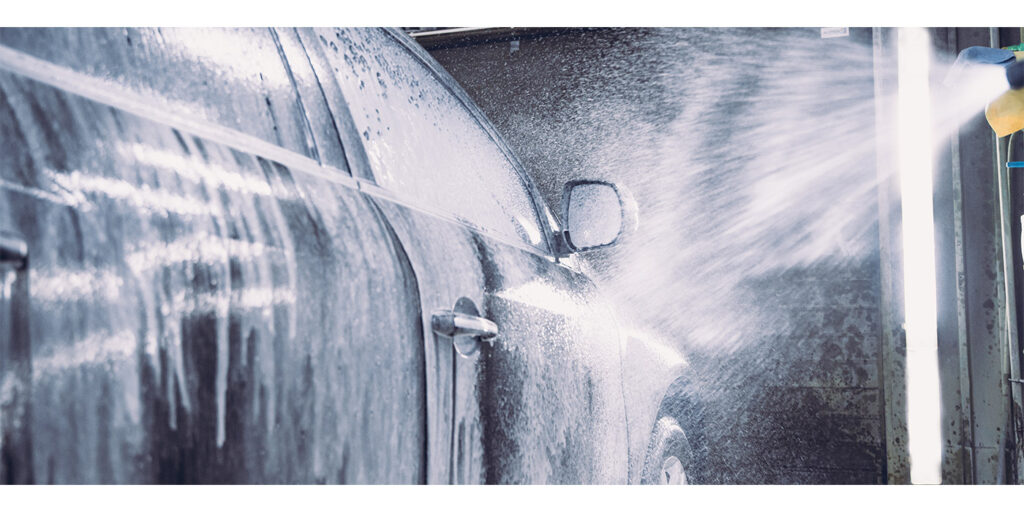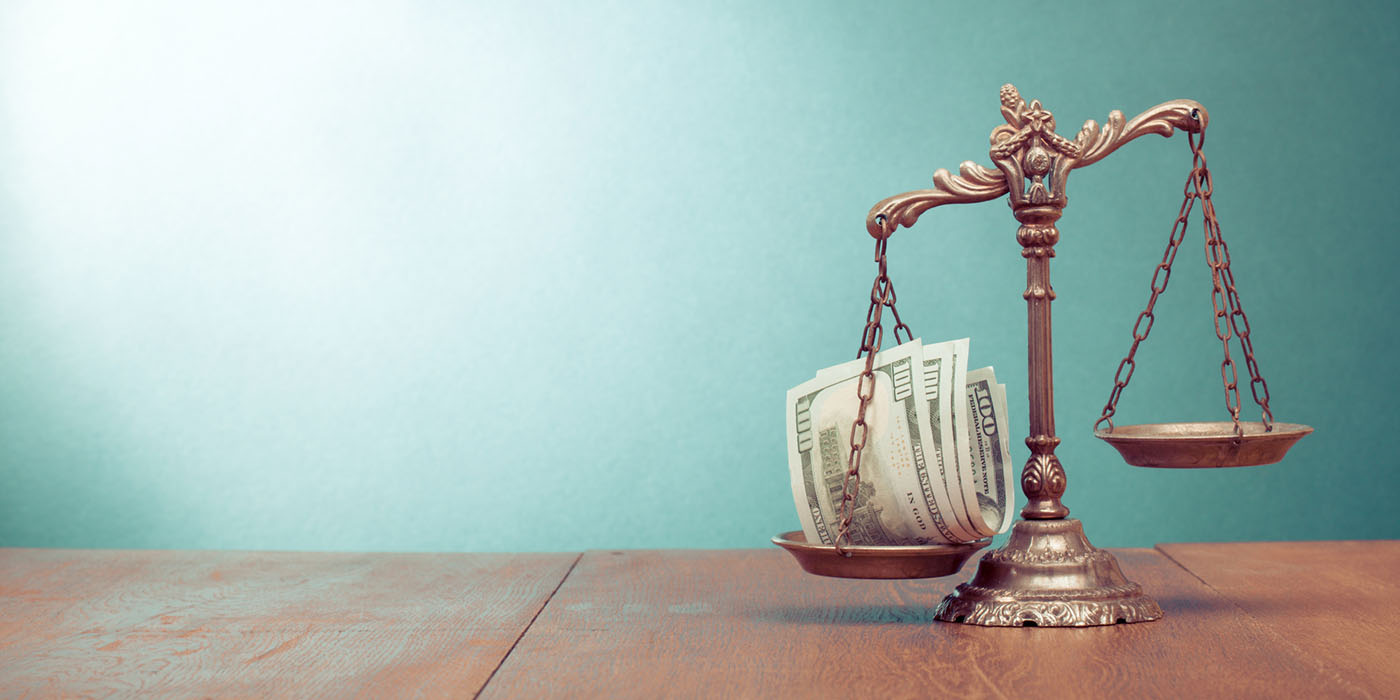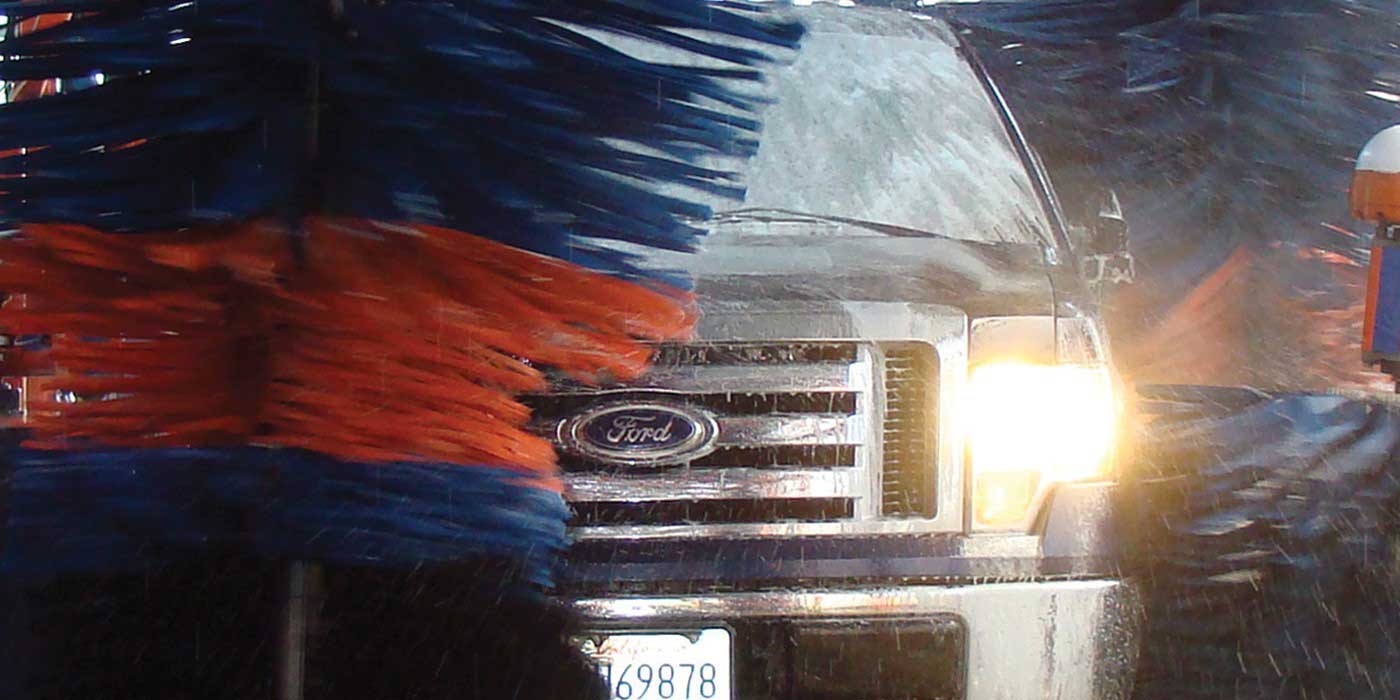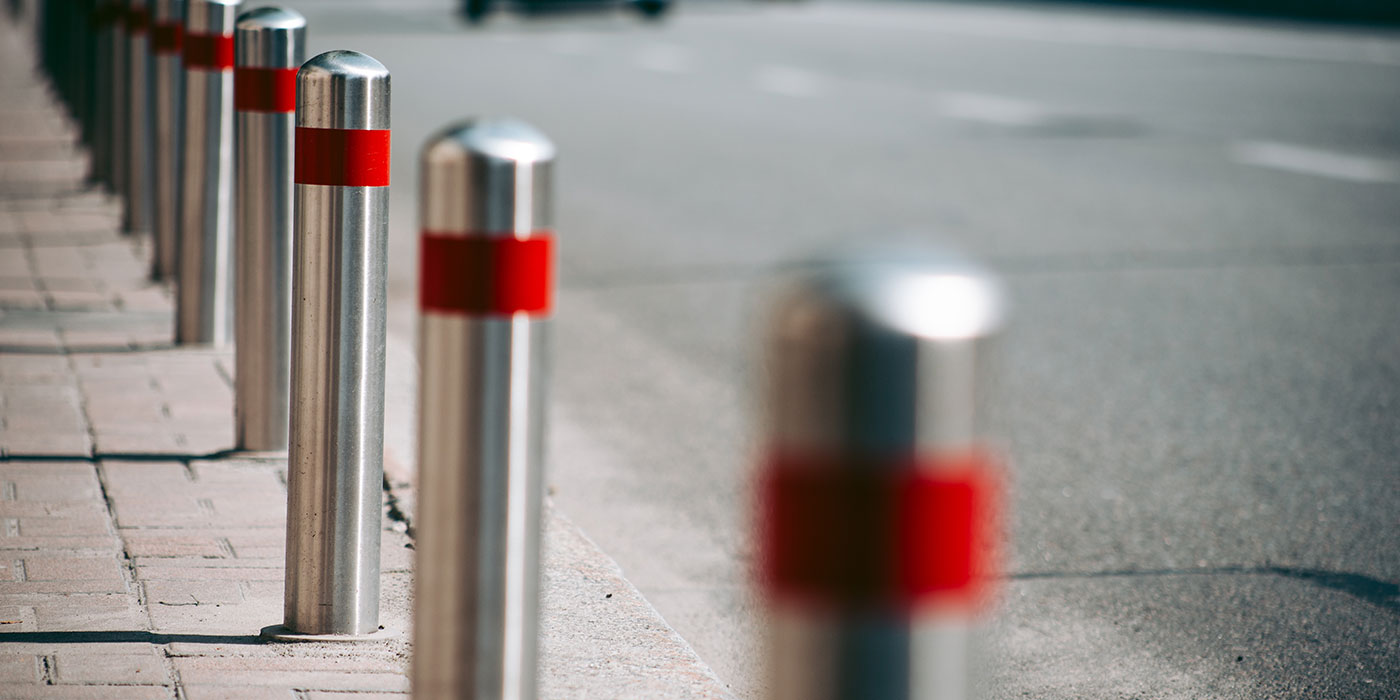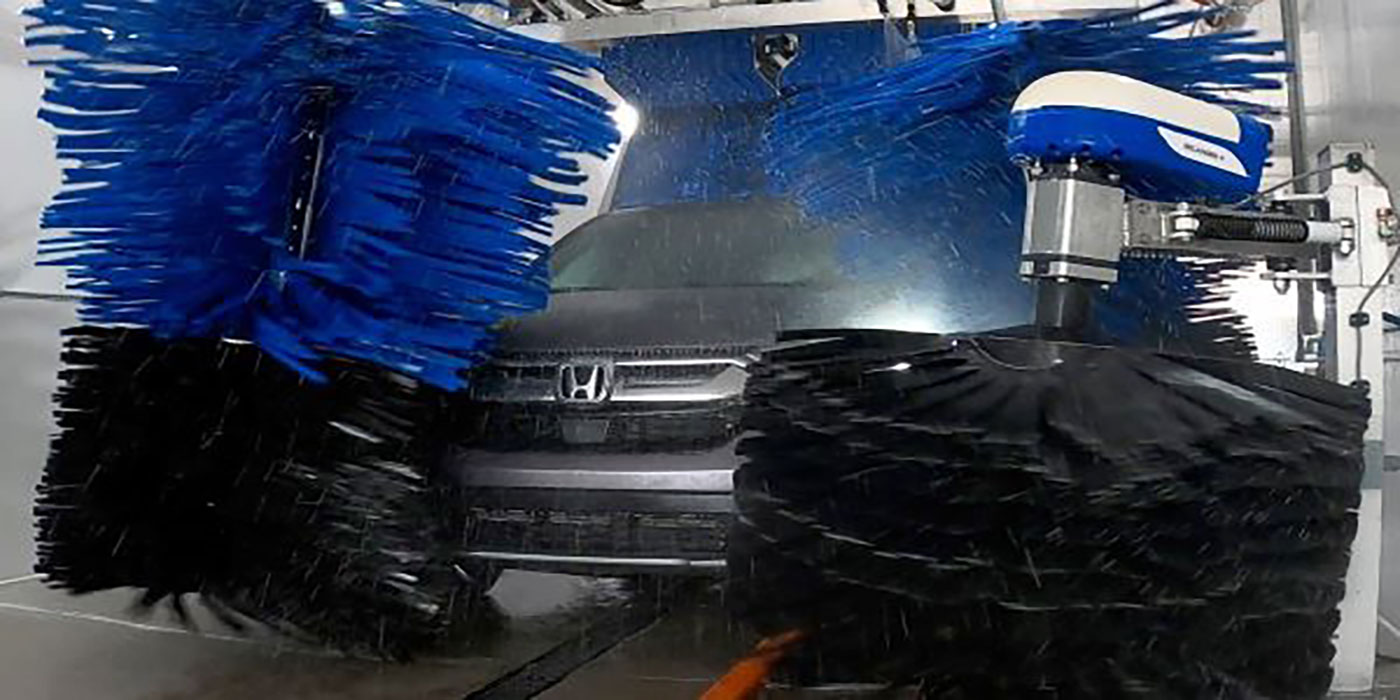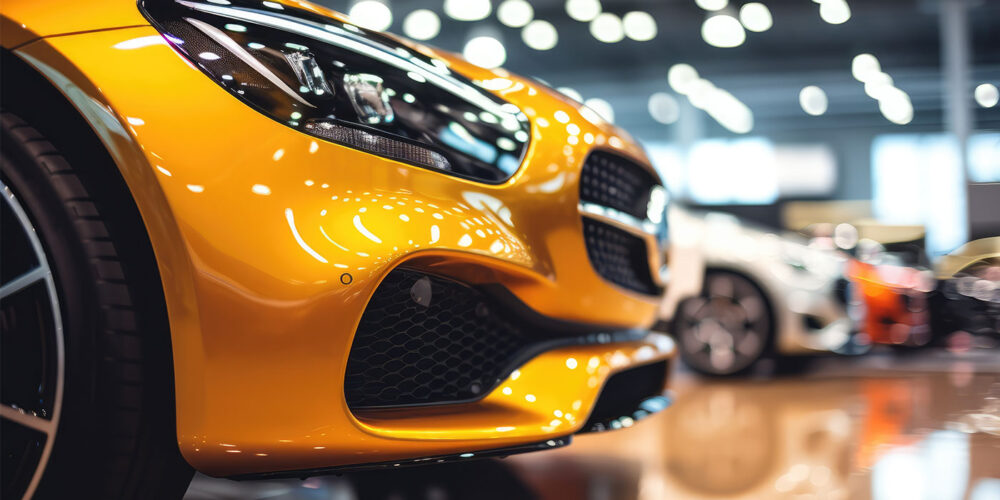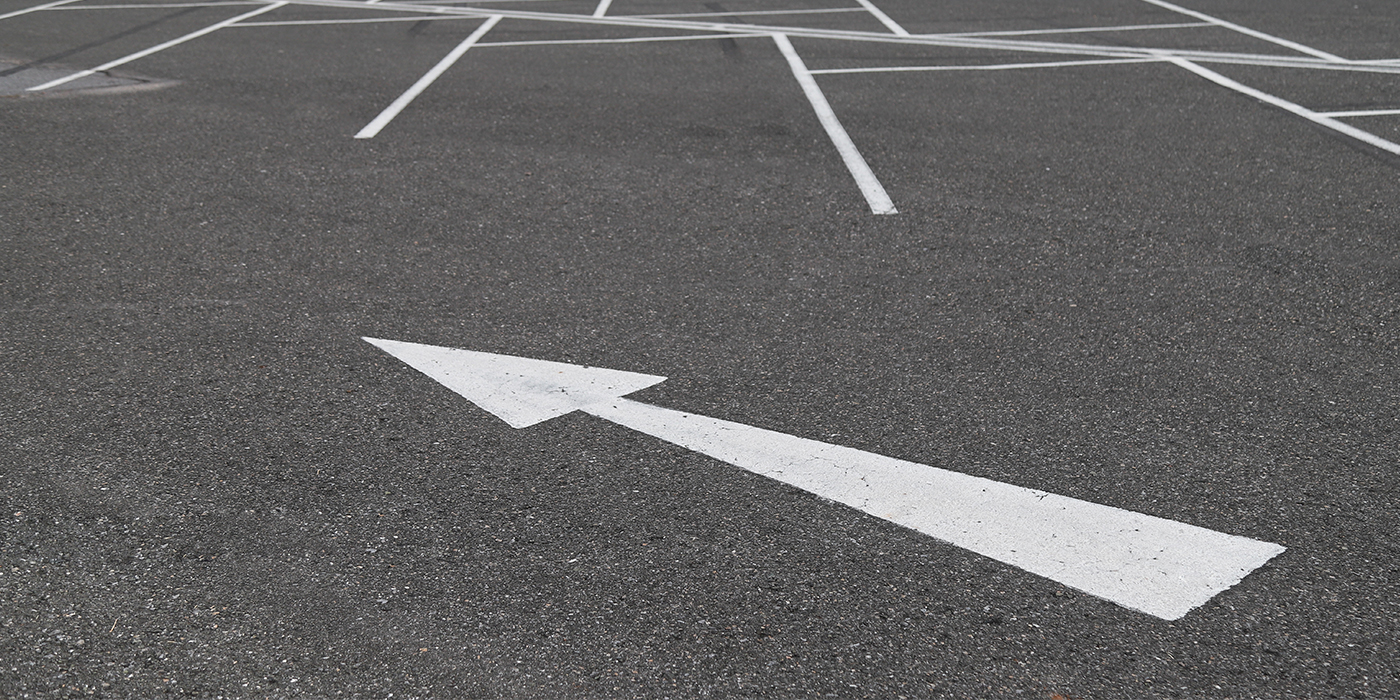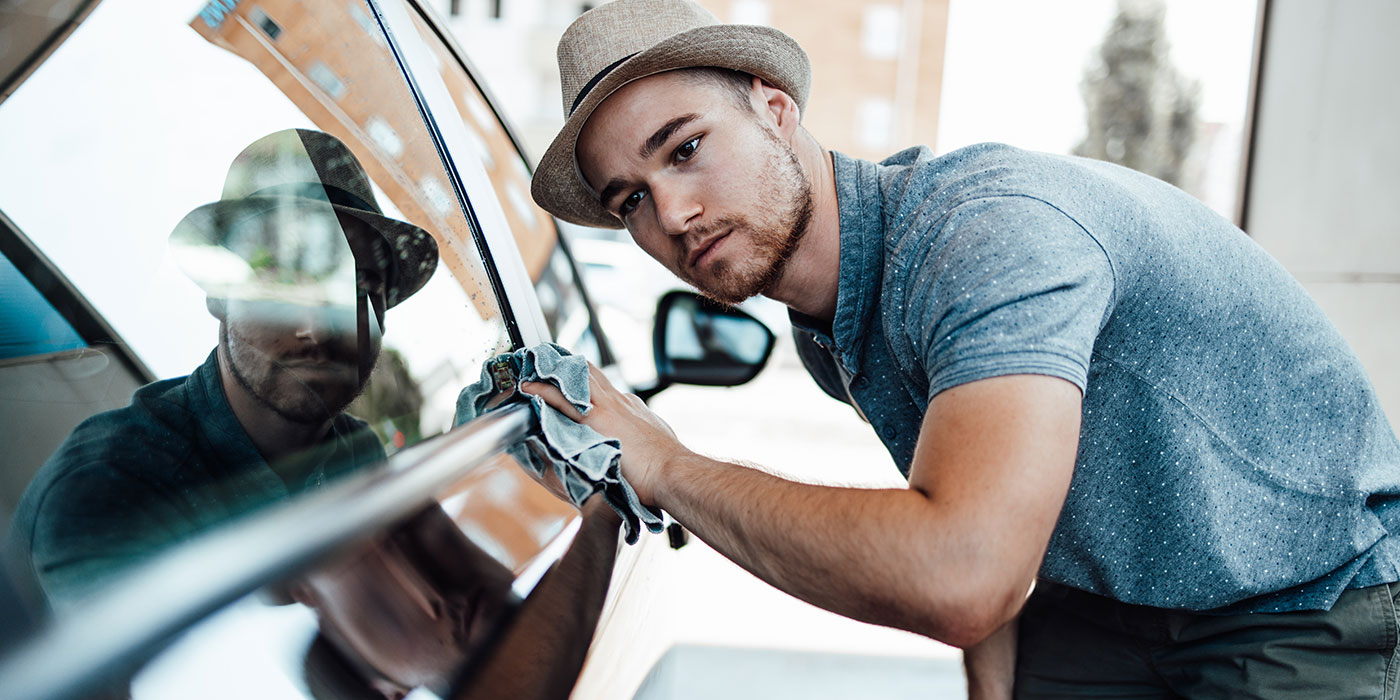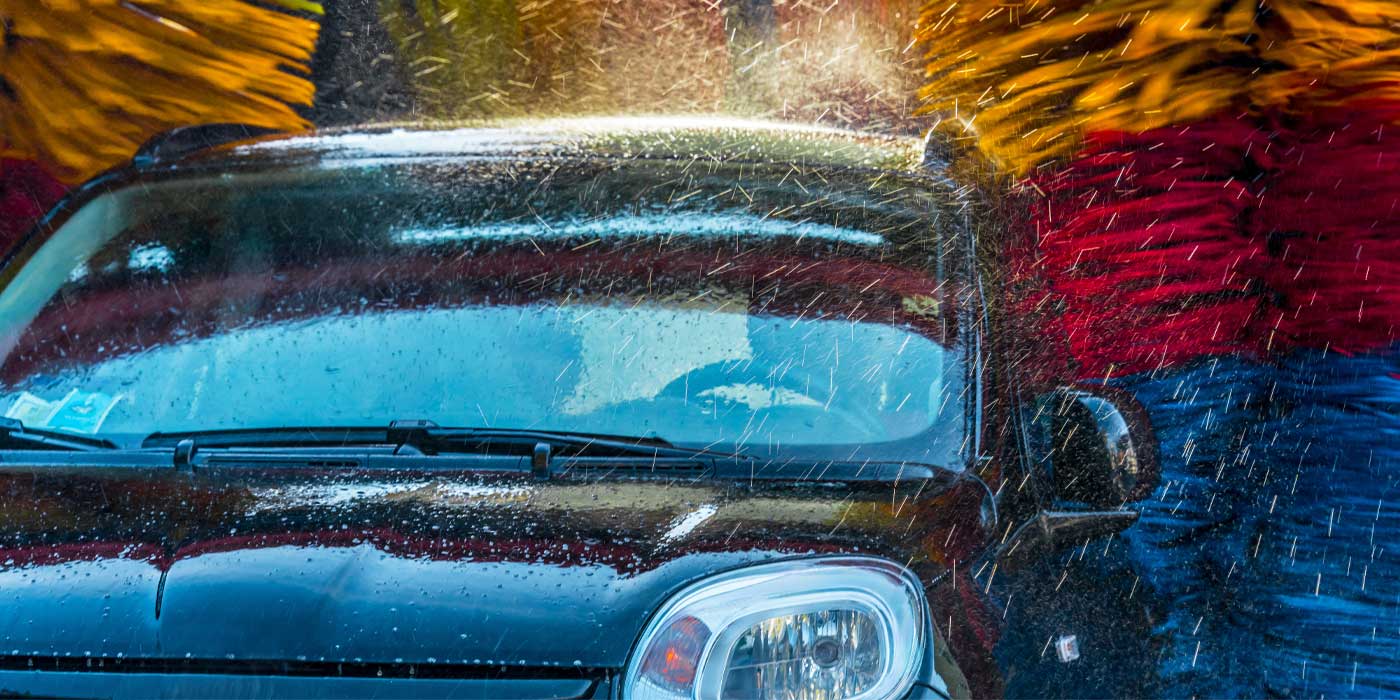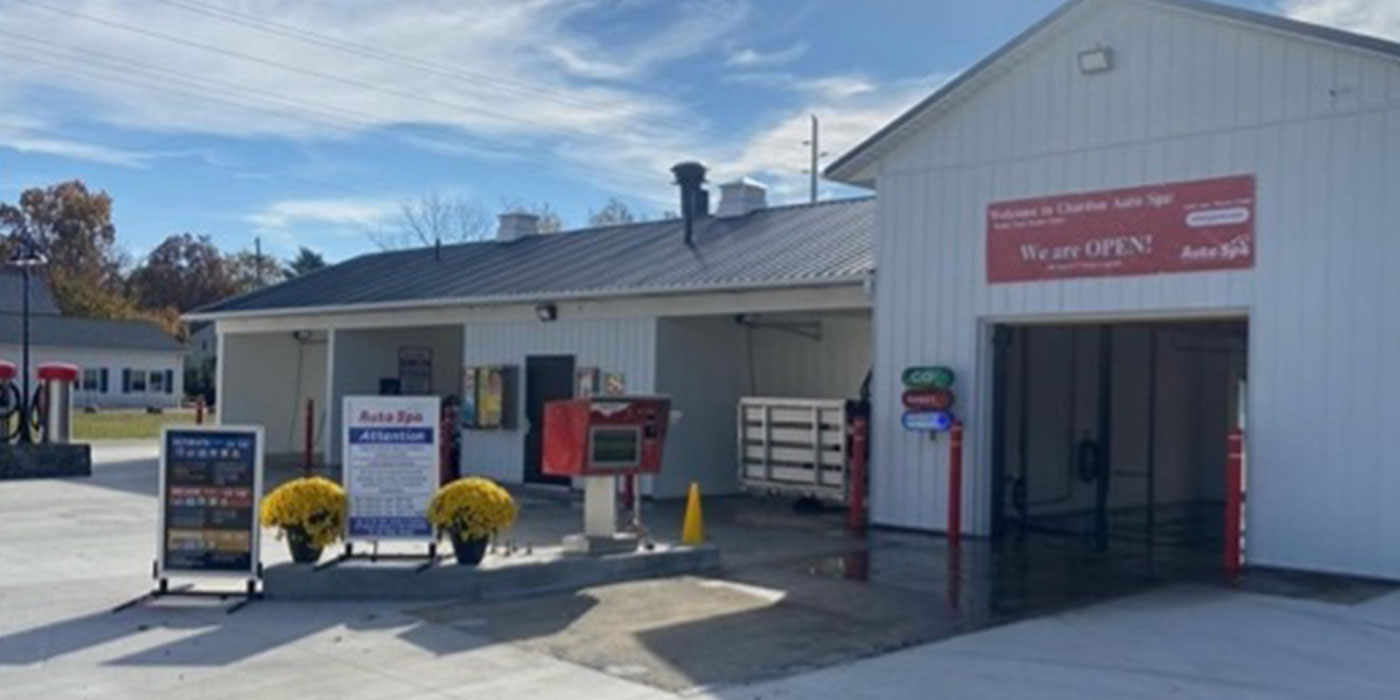What’s better for washing cars — hard water or soft water? The answer is both. Both types of water, along with water softeners, have an important role to play at different stages of the wash process.
Let’s stick to the topic of soft water since it is critical to optimize equipment performance, especially in reverse osmosis (RO) systems, and use your chemistry as efficiently as possible. With soft water, you’ll be able to use less presoak and detergent and still achieve optimal chemical performance. You’ll also improve your RO system’s performance and extend the life of your RO membranes.
Depending on the quality of your feed water, you’ll likely need a water softener in your wash to provide the best quality wash and customer experience. Water softeners are now extremely common in washes and even homes, but by following a few important rules you can maximize the performance and life of your system.
Do
- Get the right size. Ensure your water softener can produce enough output to match your needed flow rates and capacities. If you need 60 gallons per minute (GPM), but your system can only produce 30 GPM, it won’t effectively soften the water and provide all the soft-water benefits.
- Use a high-quality salt. After properly sizing your softener, using a high-quality salt is the next-best thing you can do for your system. High-quality salt ensures proper softener performance and extends the life of the softener. Your first choice should be a high-purity solar salt. A high-purity pellet salt will also work but would leave more build-up (and require more frequent cleaning).
- Inspect and clean your brine tank. It’s critical to ensure there isn’t any build-up or bridging in your brine tank, so inspect it regularly. Bridging is where salt crystalizes or hardens at the bottom of the water level and creates a bridge or a shelf with an air gap below it. This keeps the tank from doing its job, so if you notice it starting, clean the tank immediately. Otherwise, be sure to give your tank a thorough cleaning at least once every other year.
- Test your water often. By often, we mean every day. We’ve created a daily log sheet for our customers to test and track the water hardness, which tank is online, capacity remaining and to make sure the carbon filter is producing chlorine-free water. The capacity of your system will naturally decrease over time, so testing and tracking ensures you can adjust the capacity setting accordingly and always have enough soft water.
- We also recommend tracking incoming water TDS, carwash water TDS, temperature, flow rates of your RO system and the pressures of the inlet, pump and membrane. If you keep track of all these things, it’ll help you manage your daily water use. If anything goes wrong, your water treatment experts can easily analyze the information you’ve collected to quickly identify issues and implement solutions.
Don’t
- Don’t use the wrong salt. Stay away from rock salt or block salt. Rock salt is pure, but really dirty. Block salt leaves build-up and needs regular cleaning. Using a lower-quality salt won’t result in the proper dilution and can add impurities into your tank.
- Don’t let salt fall below the water level. Any water that’s above the salt is not going to dissolve any salt, so it’s important to make sure the water level is always below the top of the salt in your salt tank. If the water level rises above the salt, you’ll short-brine or short-salt your softener when it regenerates. Make sure you always have enough salt to dissolve the right amount for your system.
A little effort goes a long way
A good water softener will do most of the work for you and get you 95% of the way to always having perfectly soft water to mix with your chemistry. However, if you follow these simple best practices, you can ensure even better water quality and equipment that will work for a long, long time.
Just a little effort will go a really long way toward better water, lower costs, cleaner cars and happier customers.
Not sure if you have soft or hard water? It’s easy to find out. Sonny’s CarWash Water provides free testing and results. Just visit velocitywaterworks.com/water-sample-request, and type in your information. You’ll receive a test kit to take a water sample and send back for analysis. It’s well worth the three minutes of time and is a great first step toward better water in your wash.

